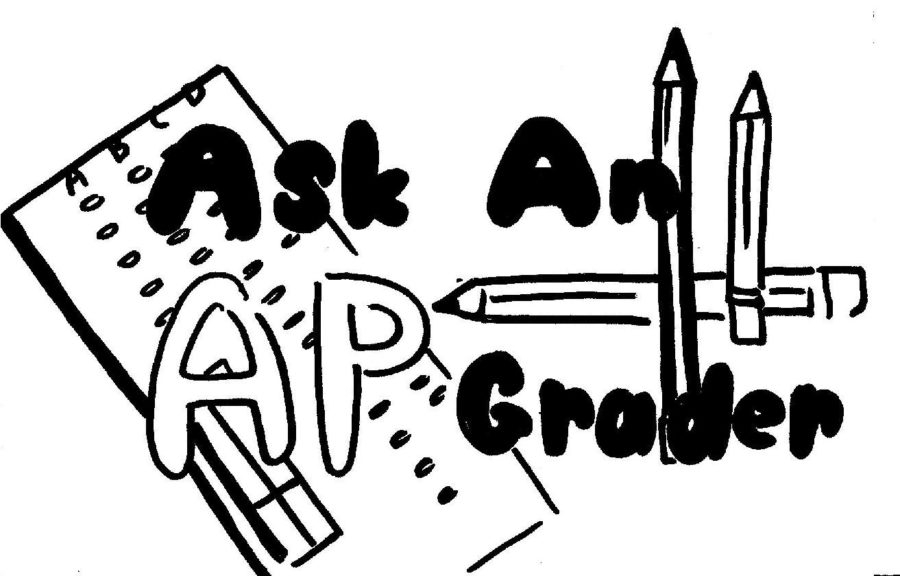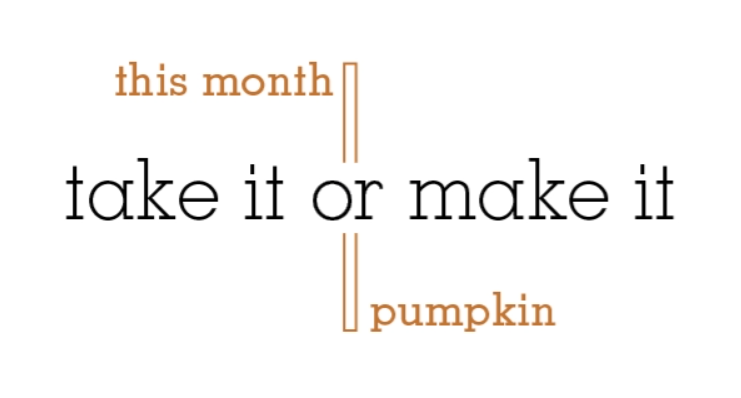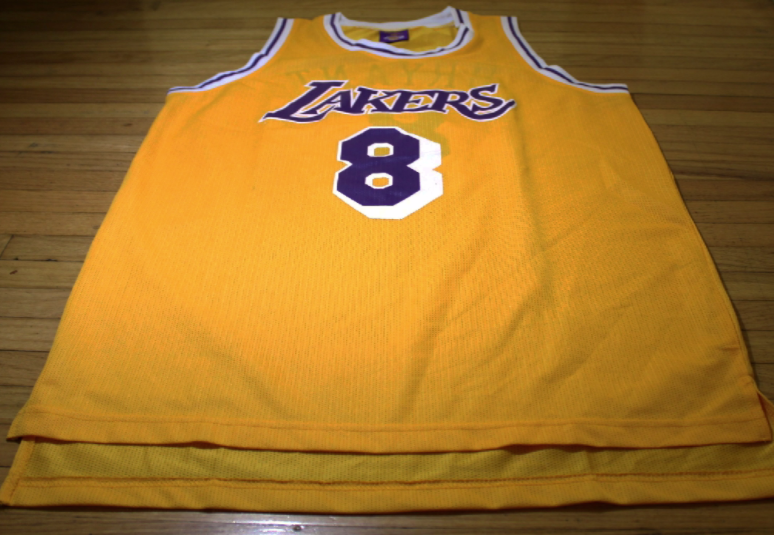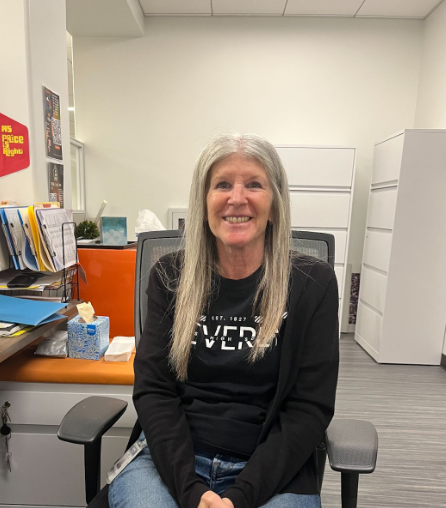Robert Katz, Staff Writer
AP Calculus teacher Jane Wortman and AP Literature teacher Barbara Bader were questioned individually on various aspects of their experiences as AP exam graders.
How many years have you been grading AP tests?
Wortman: This is now my tenth year. The way they do it, after six years, you’re sort of retired and then they go and call people off of the list and if they don’t have enough readers, they give you a call and say, “Can you come back?” I went seven years as a reader and now this will be my third year as a table leader.
Bader: Actually, last year was only my first year. So I was what they call an “acorn.” If I go next year, it’ll be nice to get a second experience … so I can bring more into my classroom as to what works.
How were you able to become an AP grader? What were the sort of qualifications you needed to have?
Wortman: You have to have taught the AP course for at least three years and then you simply apply and you wait until the AP people call you and say, “We have a spot.” And for me I had to wait seven years because there are so many people grading AP Calculus exams that they had a huge waiting list. They just call you off the list; they have no idea if you’re going to be any good or not. So you go to a reading and you get trained and then they say, “You know, maybe they shouldn’t ask that person back,” or “Woah, that’s a really good person. We would love for them to come back.”
Bader: The first year I applied, I didn’t get in – I think because I applied late – but the next year, there was no question and I was taken in. They just want to know that you’re an AP teacher, in the classroom, with experience.
How does grading take place?
Bader: In the AP English exam, there are three essays. When I go to grade, I am in the section of a room that is only grading one of those three essays … for the eight days, eight hours a day. So I become an expert on that essay. I know … whatever I happen to be doing [very well]. You consistently talk amongst the whole group about what warrants [whatever score] and you’re always doing what’s called “calibrating the room,” where they’ll show us samples and they’ll bring us back to the focus of what’s expected.
What’s being a table leader like?
Wortman: Being a table leader is interesting. You don’t do as much actual grading; you’re doing more checking. You go two days earlier and you learn the grading rubrics better. You have a lot more small discussion … between you and the other table leaders about just how you’re going to grade the questions. So as the readers finish a pack of exams, we do what’s called “back-reading.” We re-read the same exams and make sure that we would give it the same score. If we agree with a reader on, like, 25 out of 25 or even 24 out of 25, we say “Okay, they’ve got the point.” If we’re disagreeing on, like, five papers out of 25 or if the score we give is more than one point different than the score they give, then we have to sit down and talk to that reader. We take the papers back and we say, “You’re making the same mistake on a bunch of exams and you’ve got to really watch out for this particular thing” and hopefully they approve.
What are the sort of professions that make up the graders?
Bader: I was surprised that it was about half-and-half college professors and then AP teachers. I thought that was really great, because it’s supposed to be giving you AP college credit and while I can say, “I’m trained to do this and I have the education to do it,” I’m not a college professor. I was really impressed.
Do you have any odd stories?
Wortman: We try to anticipate the kind of wrong answers we could get … but every once in a while someone will do something and you’ll go, “My goodness, I never thought somebody could ever do it that way.” And you have to grade it from a mathematical standpoint. It could be a solution nobody had thought of but it could be totally correct. We also get a lot of nonmathematical nonsense. We get stories, we get poetry, we get “I’m bored,” or “my teacher made me do this and I don’t want to, so here’s my life’s story.” We get books that are absolutely blank, not a mark on them.
Bader: When there’s something that’s really “out there,” we often share it, because it makes the rest of the table chuckle; you get bored after a while. I got a cartoon once. The entire book was a cartoon about their English teacher and how she was “Super Essay Person” and saving the day. It had nothing to do with any of the essays. Some students are forced to take the test and they don’t want to and they write “I don’t wanna do this and my teacher’s making me do this.”
Is there anything you could impart to students taking the exams?
Wortman: Legibility is huge. If you scribble stuff and somebody can’t read it, they can’t grade it. If it’s in math, you don’t want to scribble little bits and pieces off to the side. The multiple choice is the place where you can guess to your heart’s content, but in the free-response, that’s where you communicate all the mathematics you supposedly have learned. So don’t skip any steps. Don’t do stuff because you can. Try and communicate your thought process as clearly as you can.
Bader: Remember that there’s a human being at the other end of that essay that wants to give you points. You just have to earn them.
Image courtesy of Sasha Park
Ask an AP grader
June 7, 2012
0
Donate to Highlights
$125
$1000
Contributed
Our Goal
Your donation will support the student journalists of Beverly Hills High School. Your contribution will allow us to purchase equipment and cover our annual website hosting costs.
More to Discover




































